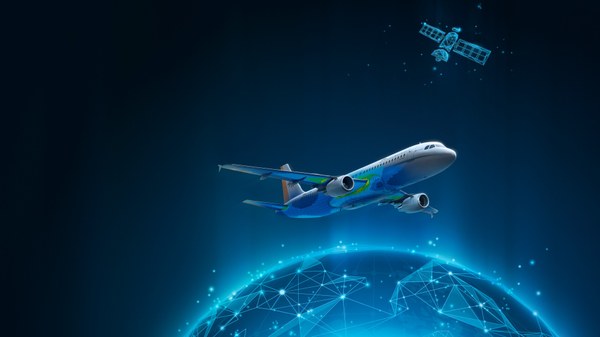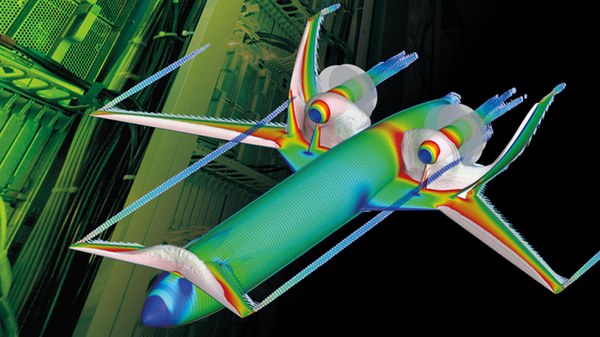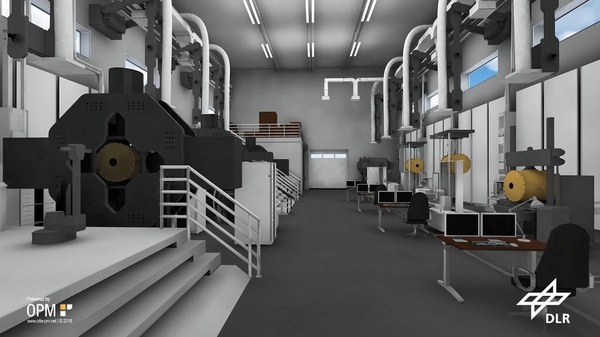Digital transformation of aviation through collaborative engine development
To limit global warming, the negative environmental impact of engines must be reduced and resources conserved as quickly as possible. However, the development of aircraft and new engines is a complex process that requires the collaboration of many different engineering disciplines.
The challenge of collaboration between different engineering disciplines lies in the incompatibility of individual software solutions and data. One of the main objectives of ADAPT (Assessment and Digitalisation of forthcoming Propulsion Technologies) is to intelligently link the various disciplines and their software tools for the integrated calculation and design of engines and components. In addition, complex collaborative processes in engine development can benefit from innovative software methods.
The virtual engine
The virtual engine offers the opportunity to research and develop new technologies much faster. It covers all the geometric and physical properties of an engine using computer-aided design tools and numerical simulation methods, and supports the entire virtual engine design process from preliminary to detailed design. DLR's existing aero-engine design processes are being further developed with a view to new propulsion technologies. The collaborative, multidisciplinary process architecture, consisting of the parametric data model of the engine, the design and simulation framework GTlab, the software package AutoOpti and the HPC environment FlowSimulator, will be developed into a central design and simulation platform. In addition, a standardised data management system will be developed for the data generated in the design processes.
Focus on new propulsion concepts: hydrogen propulsion
The purpose of ADAPT is to develop and evaluate propulsion concepts for regional, short-distance and long-distance transport in a collaborative, multidisciplinary process. The main focus is on the combustion of hydrogen. The powertrain components will be designed at progressively higher levels of detail and will always be evaluated in the context of the overall system, with the aim of optimising the powertrain concepts in terms of emissions, efficiency, weight and durability, as well as making statements on the feasibility and benefits of different key technologies.
Running Time
01.01.2022 – 31.12.2025
Funding
DLR project
Keywords
virtual engine, digital transformation of aviation, multidisciplinary design, process chain, hydrogen





